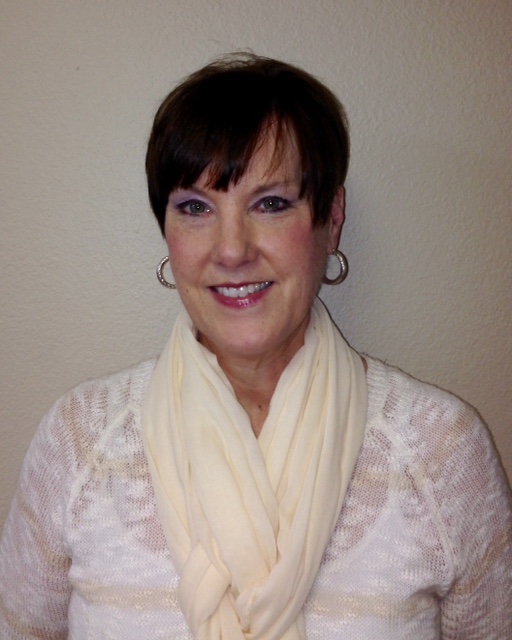Secondhand Smoke Harms Your Loved Ones
Did you know that if you smoke around others, especially children, your smoking harms the people you care about? Smoking can affect the health of nonsmokers. Smoke that comes from the burning of a tobacco product or smoke that is exhaled by smokers is called secondhand smoke. Inhaling secondhand smoke is called involuntary or passive smoking.
The same cancer-causing chemicals inhaled by tobacco smokers are inhaled in lower amounts by people exposed to secondhand tobacco smoke. Nonsmokers who are exposed to secondhand smoke have a higher risk of lung cancer and coronary heart disease. Children exposed to tobacco smoke have higher risks of the following:
- Sudden infant death syndrome (SIDS).
- Worsened asthma.
- Ear infections.
- Respiratory problems such as lung infections, coughing, wheezing, or trouble breathing.
Secondhand smoke is also bad for adults. It can cause lung cancer, and it is also bad for the heart. It can even cause death. Protect your family by making your home and car smoke -free. Take your smoking outside and away from your loved ones. Poisons from smoke linger in the air for up to seven days. When you smoke inside the house or in your vehicle, you are exposing people to dangerous poisons even if
they are not present while you are smoking.
Smoking is the leading cause of cancer in the United States. Smoking increases the risk of many types of cancer. These include: lung cancer, throat cancer, mouth cancer, nasal cavity cancer, esophageal cancer, stomach cancer, pancreatic cancer, kidney cancer, bladder cancer, cervical cancer, and acute myeloid leukemia. A smoker’s risk of cancer can be 2 to 10 times higher than it is for a person who never smoked. This depends on how much and how long the person smoked.
Lung cancer is the leading cause of cancer death in both men and women. In 2014, about 19% of adult men and about 15% of adult women were smokers. In the last 30 years, the total number of smokers has decreased, especially among men. Since the 1980s, deaths caused by lung cancer in men have been decreasing.
From 2011 to 2014, smoking decreased among middle school and high school students. Raising the legal age to buy and use tobacco products is being studied as a way to prevent or decrease smoking and other tobacco use among young people.
Smoking during pregnancy may cause problems such as slow growth of the fetus and low birth weight.
The risk of most health problems from smoking, including cancer and heart and lung disease, can be lowered by stopping smoking. People of all ages can improve their health if they quit smoking. Quitting at a younger age will improve a person’s health even more. People who quit smoking cut their risk of lung cancer by 30% to 50% after 10 years compared to people who keep smoking, and they cut their risk of cancer of the mouth or esophagus in half within 5 years after quitting.
The damage caused by smoking is even worse for people who have had cancer. They have an increased risk of cancer recurrence, new cancers, and long-term side effects from cancer treatment. Quitting smoking and stopping other unhealthy behaviors can improve long-term health and quality of life.
Quitting smoking is not easy, but it can be done. Take your first step by taking your smoke outside and away from your loved ones. By making a smoke-free home and vehicle, you are showing your loved ones that you care for them. By making a smoke-free home, you are making their health better.
For more information, go to: www.cancer.gov
Do Well, Be Well with Diabetes
If you have been putting off calling to sign up for this series, you still have a little time. Do Well, Be Well with Diabetes is a 5-session series, held on Tuesdays and Thursdays, April 4, 6, 11, 13, and 18, at the Texas A&M AgriLife Extension Office. Two times are being offered to best fit your schedule: 1:30 or 6:00 p.m. A small one-time fee of $25, payable at the first session, will cover all materials, refreshments, door prizes, and research-based information to help individuals with diabetes to better manage their disease. Please call our office at 903-885-3443 or drop by the office, and we’ll supply the registration form.
Closing Thought
Justice – when you get what you deserve; mercy – when you don’t get what you deserve; grace – when you get what you don’t deserve. Be thankful for mercy and grace from above!
Johanna Hicks, B.S., M.Ed
Texas A&M AgriLife Extension Service
Family & Consumer Sciences Agent
P.O. Box 518
1200-B W. Houston
Sulphur Springs, TX 75483
Phone: 903-885-3443
Fax: 903-439-4909

Johanna Hicks
Texas A&M AgriLife Extension
Family & Consumer Sciences
1200-B W. Houston
P.O.Box 518
Sulphur springs, TX 75483
903-885-3443 – phone
903-439-4909 – Fax
[email protected]





